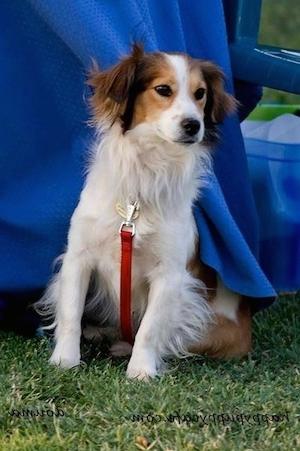- Breed Category: Companion dog
- Country of Origin: Greece
- Average Height: 25-38 cm (10-15 inches)
- Average Weight: 4-8 kg (9-18 pounds)
- Average Life Span: 12-15 years
- Grooming Requirements: Moderate, regular brushing needed
- Exercise Requirements: Moderate, daily walks recommended
- Coat Type: Medium, dense coat
- Coat Color Variations: Various, often multicoloured
- Shedding Level: Moderate
- Ear Type: Floppy
- Tail Type: Curled over back
- Temperament: Friendly, lively, intelligent
- Intelligence Level: High
- Barking Tendency: Moderate
- Compatibility with Children: Good, very friendly
- Compatibility with Other Pets: Generally good
- Training Ease: Relatively easy, eager to please
- Common Health Issues: Generally healthy, watch for obesity
- Dietary Needs: Balanced diet, avoid overfeeding
- Energy Level: Moderate to high
- Drooling Tendency: Low
- Sensitivity to Weather: Sensitive to extreme cold
- Overall Maintenance Level: Moderate
- Original Purpose: Companion and watchdog
- Apartment Friendly: Yes, with sufficient exercise
- Best Suited For: Families, active individuals
- Cost of Ownership: Moderate
- Unique Traits: Loyal, adaptable, good watchdog
Ever heard of the Kokoni dog? This charming little breed might just be the perfect addition to your family. Known for their lively personality and affectionate nature, Kokonis are small dogs with a big heart. They’re not just adorable; they’re also incredibly loyal and intelligent, making them great companions.
The Kokoni dog has a rich history that traces back to ancient Greece. These dogs were often depicted in art and were beloved for their companionship. Despite their long history, they’ve remained relatively unknown outside of Greece until recently.
This article will dive into the unique characteristics of the Kokoni, explore their fascinating history, and provide insights into their care. Whether you’re a seasoned dog owner or new to the world of pets, there’s something here for everyone.
The Kokoni Dog: A Glimpse into Its Rich Heritage
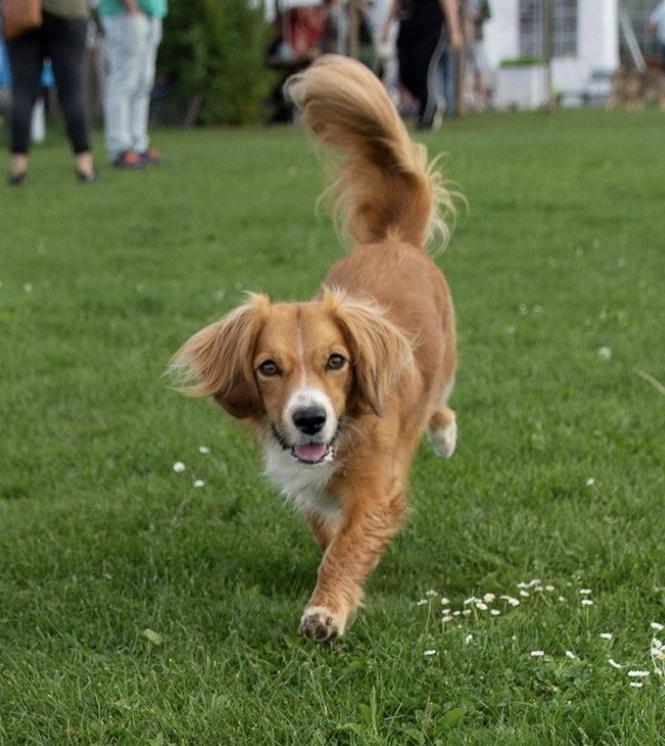
Early Development of the Breed
The Kokoni dog has roots that stretch back to ancient Greece, where they were cherished for their companionship. These small dogs were often found in rural areas, living alongside families and adapting to various environments. Their development was largely influenced by their role as versatile companions, capable of both guarding and providing affection.
Role in Greek Culture and History
In Greek culture, Kokonis were more than just pets; they were part of the family. They frequently appeared in Greek art, symbolising loyalty and warmth. Their presence in households was a testament to their valued role in daily life, offering both protection and companionship.
Key Historical Figures or Events
While specific historical figures may not be directly associated with the Kokoni, their depiction in ancient Greek art highlights their significance. These dogs were often seen in pottery and sculptures, indicating their esteemed place in society.
Physical Characteristics
Kokonis are small but sturdy, with a well-proportioned body and a lively expression. Their coat is usually medium-length and can come in a variety of colours. Despite their size, they have a robust build, making them agile and energetic companions.
Appearance and Unique Traits of the Kokoni Dog
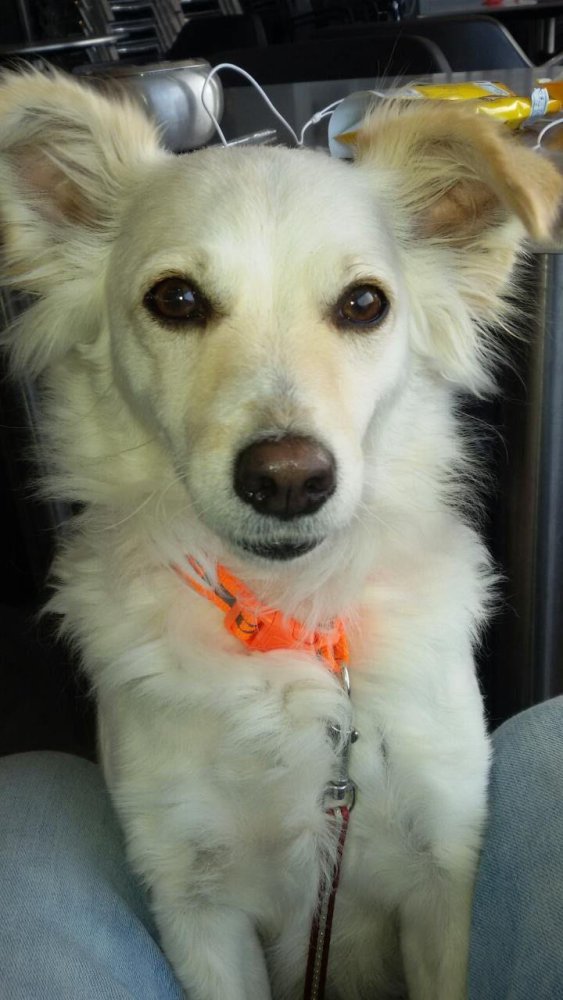
Appearance
The Kokoni dog is a small yet striking breed, often catching the eye with its medium-length coat that comes in a variety of colours. You might see them in shades ranging from black and white to golden or even tricolour. Their coat is not just about looks; it’s also practical, providing protection and comfort. Distinctive markings, like patches or spots, add to their unique charm, making each Kokoni a little different from the next.
Unique Physical Traits
Despite their compact size, Kokonis are known for their agile and robust build. They have a well-proportioned body that allows them to move with surprising grace and energy. This agility makes them perfect for active families or individuals who enjoy outdoor activities. Their lively expression and alert eyes reflect their intelligent and curious nature, always ready to explore their surroundings.
Temperament and Behaviour
Kokonis are known for their friendly and affectionate temperament. They thrive on human interaction and are incredibly loyal to their families. These dogs are not just about cuddles; they’re also quite intelligent, making them easy to train. Their playful nature means they get along well with children and other pets, making them a versatile addition to any household. Whether you’re playing in the backyard or relaxing on the couch, a Kokoni is always eager to be by your side.
Personality and Suitability of the Kokoni Dog

Typical Personality Traits
Kokonis are a delightful mix of affectionate, intelligent, and lively traits. They love being around people and are known for their warm, friendly nature. Their intelligence shines through in their quick learning ability, making them responsive to training. With a lively spirit, they bring energy and joy to any home.
Suitability as a Family Pet
As family pets, Kokonis are a fantastic choice. Their affectionate nature makes them great companions, always eager to be part of family activities. They adapt well to different living environments, whether it’s a bustling household or a quieter setting. Their loyalty and protective instincts ensure they become cherished members of the family.
Interaction with Children and Other Animals
Kokonis are known for their gentle and playful interaction with children. They enjoy playtime and are patient, making them ideal playmates for kids. Their sociable nature extends to other animals as well, often getting along well with other pets in the household.
Training and Exercise Needs
Training a Kokoni is usually a rewarding experience due to their intelligence and eagerness to please. They respond well to positive reinforcement and enjoy learning new tricks. Regular exercise is important to keep them healthy and happy, so daily walks and play sessions are recommended to channel their energy positively.
Training, Exercise, and Health of the Kokoni Dog

Importance of Early Training and Socialisation
Getting a head start on training and socialisation is key for Kokonis. These dogs are naturally intelligent and eager to learn, so introducing them to various environments, people, and other animals early on helps them grow into well-rounded adults. It’s all about setting the foundation for a confident and sociable dog.
Recommended Training Techniques
Positive reinforcement works wonders with Kokonis. They respond well to treats, praise, and play as rewards. Keep training sessions short and fun to maintain their interest. Consistency is crucial, so make sure everyone in the household is on the same page with commands and rules.
Daily Exercise Requirements and Activities They Enjoy
Kokonis are energetic little dogs that need daily exercise to stay happy and healthy. A couple of walks a day, combined with some playtime, usually does the trick. They love activities like fetch, agility courses, or even just a romp in the backyard. Keeping them active helps prevent boredom and unwanted behaviours.
Health and Lifespan
Generally, Kokonis are healthy dogs with a lifespan of around 12 to 15 years. Regular vet check-ups, a balanced diet, and proper exercise contribute to their longevity. Like any breed, they can be prone to certain health issues, so staying informed and proactive about their health is always a good idea.
Health and Care of the Kokoni Dog
Common Health Issues
Kokonis are generally healthy, but like any breed, they can face certain health issues. Some may experience joint problems or dental issues, so regular vet visits are essential. Keeping an eye on their weight is also important, as obesity can lead to other health complications.
Average Lifespan and Health Tips
With proper care, Kokonis can live between 12 to 15 years. To keep them healthy, ensure they have a balanced diet and regular exercise. Mental stimulation is just as important, so engage them with interactive toys and training sessions.
Preventative Care Recommendations
Regular vet check-ups are crucial for early detection of potential health issues. Vaccinations, flea and tick prevention, and dental care should be part of their routine. A healthy diet and consistent exercise help maintain their overall well-being.
Grooming and Maintenance
Kokonis have a medium-length coat that requires regular brushing to prevent matting and reduce shedding. Bathing them occasionally keeps their coat clean and healthy. Don’t forget to check their ears and trim their nails regularly to avoid discomfort or infections.
Coat Care and Grooming for the Kokoni Dog
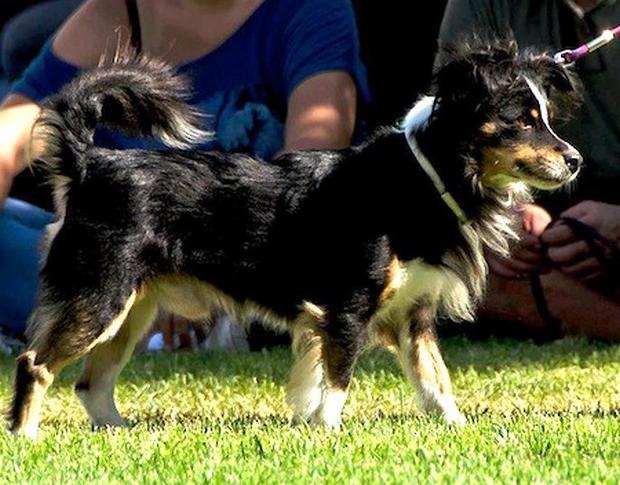
Coat Care and Grooming Routines
Keeping your Kokoni’s coat in top shape is pretty straightforward. Their medium-length coat benefits from regular brushing, ideally a few times a week. This helps to prevent tangles and keeps their fur looking sleek and healthy. A good brush not only maintains their appearance but also strengthens the bond between you and your furry friend.
Shedding and Seasonal Grooming Tips
Kokonis do shed, especially during seasonal changes. During these times, you might want to increase the frequency of brushing to manage the extra hair. A gentle bath every now and then can also help keep their coat fresh and clean. Just be sure to use a dog-friendly shampoo to avoid skin irritation.
Diet and Nutrition
A balanced diet is crucial for your Kokoni’s overall health. High-quality dog food that meets their nutritional needs is a must. Keep an eye on portion sizes to prevent obesity, which can lead to other health issues. Fresh water should always be available, and occasional treats can be a great way to reward good behaviour during training sessions.
Nutritional Needs and Feeding for the Kokoni Dog
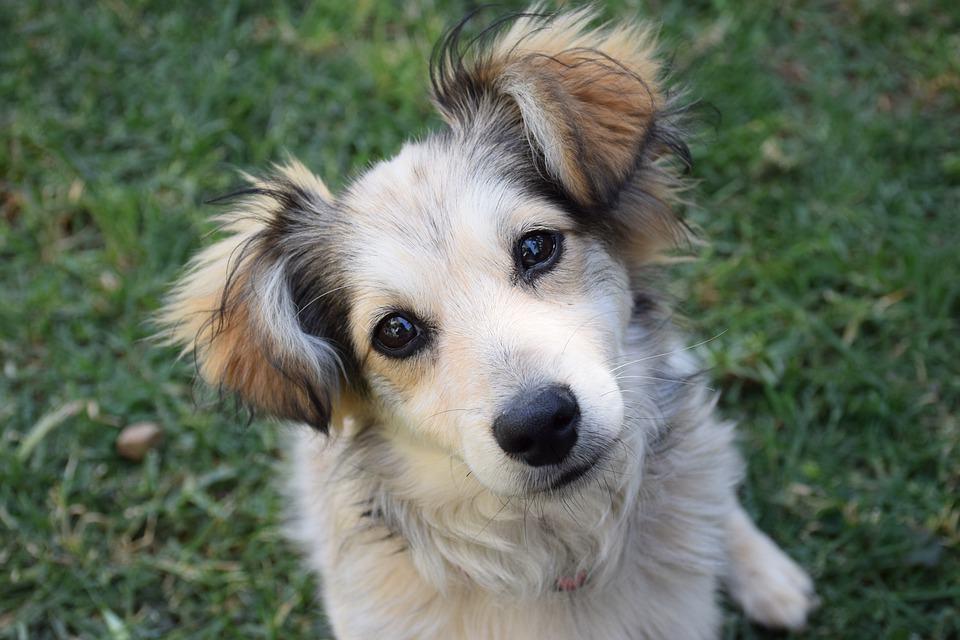
Nutritional Needs for Optimal Health
Feeding your Kokoni a balanced diet is key to their health and happiness. Look for high-quality dog food that provides the right mix of proteins, fats, and carbohydrates. Omega-3 and Omega-6 fatty acids are great for their coat and skin, while antioxidants support their immune system.
Foods to Include and Avoid
Include lean meats, fish, and vegetables in their diet. Avoid foods high in fat and sugar, as well as anything toxic to dogs like chocolate, grapes, and onions. Always check with your vet if you’re unsure about a particular food.
Feeding Schedules and Portion Recommendations
Stick to a regular feeding schedule, usually twice a day. Portion sizes depend on their age, weight, and activity level, so consult your vet for personalised advice. Overfeeding can lead to obesity, so keep an eye on their weight.
Fun Facts and Trivia
Did you know Kokonis were once considered good luck charms in ancient Greece? Their name means “small dog” in Greek, and they were often found in the homes of the wealthy. Despite their small size, they have a big personality and are known for their loyalty and intelligence.
Interesting Tidbits and Famous Kokoni Dogs
Interesting Tidbits about the Kokoni Breed
The Kokoni dog, with its roots in ancient Greece, has a few quirks that make it stand out. For starters, their name, “Kokoni,” translates to “small dog” in Greek, which perfectly captures their petite stature. Despite their size, these dogs have a big personality and are known for their intelligence and loyalty. They were once considered good luck charms, often found in the homes of the wealthy. Their adaptability is another notable trait, as they can thrive in both urban and rural settings, making them a versatile choice for many families.
Famous Kokoni Dogs in Media or History
While Kokonis may not have the same level of fame as some other breeds, they have made their mark in Greek culture. Their frequent depiction in ancient Greek art, such as pottery and sculptures, highlights their esteemed place in society. These artistic representations often symbolised loyalty and warmth, qualities that the Kokoni embodies to this day. Although they haven’t been spotlighted in modern media, their historical significance continues to be celebrated in Greece.
Final Thoughts

The Kokoni dog is a delightful companion with a rich heritage. Known for their loyalty and intelligence, these dogs bring joy and warmth to any household. Their adaptability and friendly nature make them ideal for families and individuals alike, offering both companionship and protection. Embracing a Kokoni means welcoming a piece of Greek history into your home, along with a loving and lively friend. Consider adding a Kokoni to your family and experience the unique charm they bring to everyday life.
